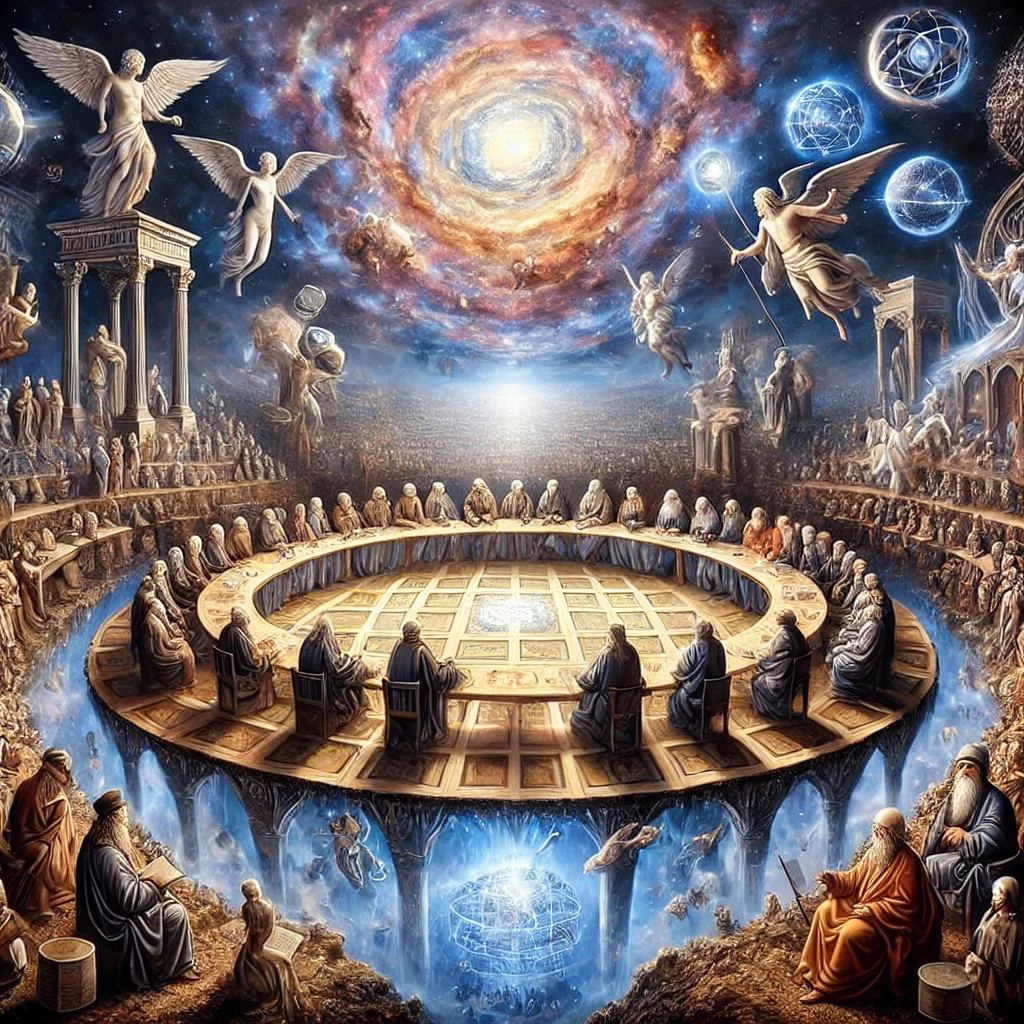Beyond the Gaps: Examining the Limits of Naturalism and the Case for Intelligent Causation

Beyond the Gaps: Examining the Limits of Naturalism and the Case for Intelligent Causation The critique that no believer has explained the mechanism of creation is an oversimplification. The claim "God did it" is not the entirety of the argument—it is a shorthand for a broader metaphysical discussion that science alone does not address. Science operates within the realm of observable, testable phenomena, while the question of ultimate causation falls into the domain of metaphysics and philosophy. Science postulates mechanisms for the universe’s development, but it has not demonstrated a mechanism for the actual origin of existence itself. The Big Bang describes an expansion of space-time from a singularity, but it does not explain what caused the singularity or why there is something rather than nothing. Quantum fluctuations and multiverse theories are speculative at best, often relying on interpretations that are just as untestable as the idea of an intelligent ...








